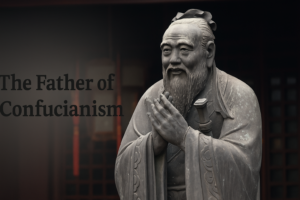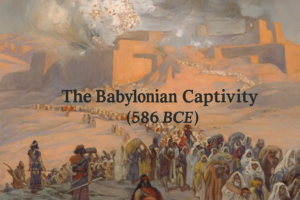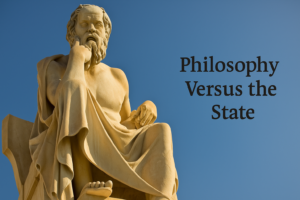Introduction to Free Will
The concept of free will has long been a cornerstone of philosophical inquiry, igniting debates that probe the depths of human agency, determinism, moral responsibility, and the essence of choice. This article explores the intricate dimensions of free will, examining various philosophical perspectives on human autonomy, the impact of causal determinism, and the resulting implications for our understanding of personal freedom and moral decision-making.
Defining Free Will
Autonomy and Choice: Free will is often understood as the ability of individuals to make decisions free from external constraints, manipulation, or predetermined influences. This concept implies a degree of personal agency, self-determination, and the capacity to shape one’s destiny.
Compatibility vs. Incompatibility: Philosophical debates about free will frequently center on whether it can coexist with determinism. Compatibilist perspectives argue that free will and determinism can be reconciled, while incompatibilists contend that true free will cannot exist in a deterministic universe.
The Challenge of Determinism
Causal Determinism: The doctrine of causal determinism posits that all events, including human actions, are the result of preceding causes. This raises questions about whether genuine free will can exist in a deterministic framework.
Rigid Determinism: Rigid determinists argue that if every event is determined by prior conditions, then human actions are also predetermined, leaving no room for real choice, accountability, or moral agency.
Philosophical Perspectives on Free Will
Libertarianism: Libertarian views assert that individuals possess a high degree of freedom, one that transcends deterministic influences. This allows for genuine moral responsibility, alternative possibilities, and the ability to make choices independent of external constraints.
Compatibilism: Compatibilists, such as David Hume and Daniel Dennett, seek to harmonize determinism with free will. They emphasize the compatibility of causal influences, psychological tendencies, and voluntary actions in guiding human behavior.
Existentialism: Existentialist thinkers like Jean-Paul Sartre highlight the concept of radical freedom, the weight of choice, and the responsibility of individuals to define themselves through their actions, even in the face of existential uncertainty and external pressures.
Neuroscience and Free Will
Neuroscientific Insights: Advances in neuroscience have sparked discussions about the brain’s role in decision-making, the neural basis of choice, and the implications for free will when viewed through the lens of neurobiological processes.
Libet Experiments: The Libet experiments and subsequent research have challenged our understanding of conscious decision-making, questioning the extent of individual control when unconscious neural processes precede conscious awareness of choices.
Conclusion: The Enigma of Free Will
The concept of free will continues to challenge our assumptions about human action, autonomy, and moral responsibility. It compels us to grapple with the complex interplay between choice, determinism, and personal freedom. While philosophical debates may not yield definitive answers about our control over our actions, engaging with these questions deepens our understanding of human nature, ethical decision-making, and the intricate dance between causal influences and individual choices. In contemplating free will, we are invited to reflect on the essence of our actions, the limits of our independence, and the profound implications for our existence as conscious, deliberative beings.










